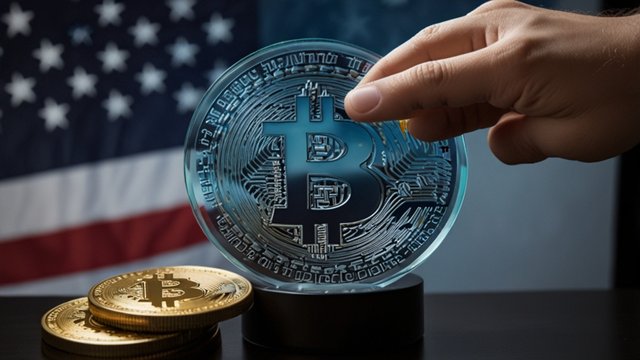A Shift from Traditional Polls
Elon Musk, the tech mogul and CEO of X (formerly known as Twitter), recently expressed his preference for using cryptocurrency-based prediction platforms like Polymarket to project the outcome of the upcoming U.S. presidential election. Musk suggested that such platforms might offer more accurate predictions than traditional polling methods, as they involve real financial stakes.
Prediction Markets Over Polls

In a post made on October 6, Musk referenced data from Polymarket, highlighting that former President Donald Trump was leading Democratic candidate Kamala Harris by 3%. "More accurate than polls, as actual money is on the line," Musk noted, underscoring his belief in the predictive power of betting markets.
Prediction platforms like Polymarket operate on a decentralized, peer-to-peer system where users bet USDC (a stablecoin pegged to the U.S. dollar) on the outcomes of various events. Musk's endorsement of this platform comes at a time when he's increasingly aligning himself with Trump, having voiced support for him at a campaign event in Butler, Pennsylvania, the previous month.
Growing Interest in Decentralized Platforms

With unprecedented trading volumes and attention in the current election cycle, Polymarket and similar prediction platforms are being seen by some analysts as valuable tools for gauging public sentiment. Many argue that because participants have a financial stake in the outcome, these markets may offer insights traditional polls cannot.
Critics Remain Skeptical
Despite the enthusiasm around prediction markets, not everyone is convinced of their reliability. Critics point out that financial speculation may not necessarily align with actual political behavior. For instance, people may place bets on candidates they don't intend to vote for, making it unclear whether such markets can truly reflect voter intent.
While Musk's backing brings increased visibility to platforms like Polymarket, the debate over whether prediction markets can outperform traditional polls remains unresolved.